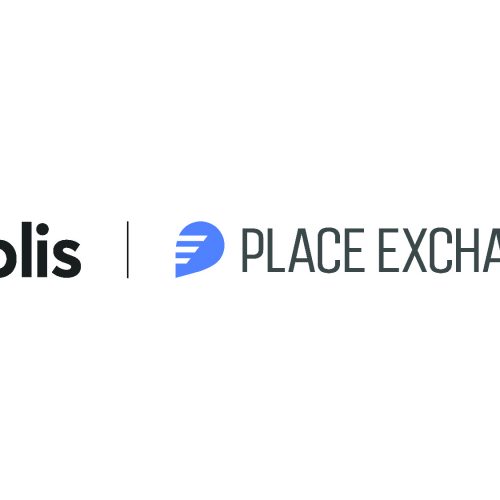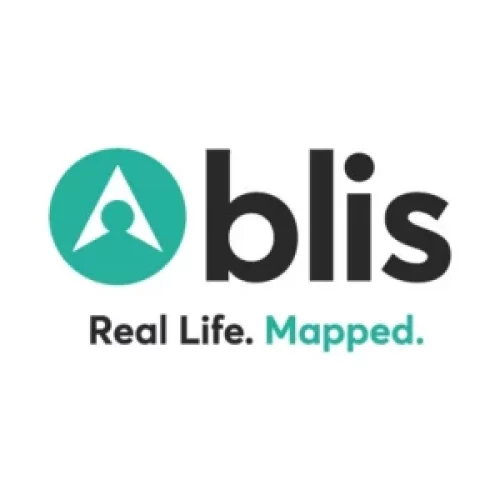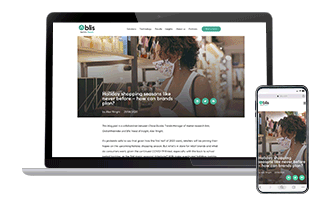Recently, Facebook announced plans to explore a paid subscription model for the social network. By paying for use of the giant, consumers could avoid the sometimes ad-heavy newsfeed, going straight to content from friends, family, and other content they’ve ‘liked’ in the past. Whether a paid Facebook version comes out or not remains to be seen; what consumers need to understand first, according to one expert, is that even a free version of the social network isn’t really free.
Kristina: What do you mean when you say Facebook, which people can use now without spending a cent, isn’t free?
Paul Thompson, CRO, Blis: The industry hasn’t done enough to explain what free vs.cost is with regard to data. Advertising is a $500 billion industry–brands need to be transparent on what the trade off is and how consumers contribute to it. Consumers should be told outright if you want this free content, you need to pay for it with your data. The industry as a whole needs to be more open in explaining what’s going on in these transactions. Once we get there, some behaviors might change but we’ll still see many people opt-in for convenience, similar to what we’re seeing with GDPR.
Kristina: So, the value exchange – personal data for targeted ads and content – needs to become more clear?
Paul: People do need to be clear on what the exchange is and how data will be used and in many cases who is going to use it and for what end purpose. The advent of the GDPR has made the issue of data protection top of mind for a large portion, if not the majority, of the population in Europe and beyond. It is not yet clear how the GDPR will affect Facebook’s global business, but consumers worldwide are now thinking differently about their data and in my personal opinion the updated Facebook Terms and Conditions will not hold up to GDPR scrutiny.
Kristina: How can publishers/brands better explain just how ‘free’ content works, in relation to customer data?
Paul: Brands/publishers should be directly communicating to consumers that if they want free content, they will need to pay for it with their data. This seems to be pretty fair exchange and the added benefit I get to see adverts for products I might actually want to buy. This exchange shouldn’t be buried in terms and conditions that consumers will not look at but instead be up front and center on the screen when signing up for an account (and in plain American / English)
Additionally, it would behoove these brands and publishers to speak about the topic publicly. Explain that consumer data is valuable but there is an option to opt-out if you change your mind.
Kristina: What impact do you think the Facebook paid option will have on social media? What about on publishing, in general?
Paul: I don’t believe that people will want to pay to use Facebook to avoid ads. It’s too inconvenient. Perhaps they will for a while and then go back to the “free” version. I can’t see it though Sheryl Sandberg has floated the idea. But the exchange with Facebook if properly managed is fair.
If we do see a larger number of users moving over to the paid version, it’ll dramatically change the value of the platform for brands and publishers. Once this happens, Facebook will stop working for marketers.
Behavioral experts and anthropologists will tell you most social media networks … are like a virus that grows quickly and then contracts. Therefore, I think we’ll find that a few years time, Facebook won’t be as relevant. In fact, Facebook might not be there in 20 years. Trends come and go and every generation is looking for something new. But for now Facebook will buy up any rival network that threatens its dominance.
Click here to read the original article.


